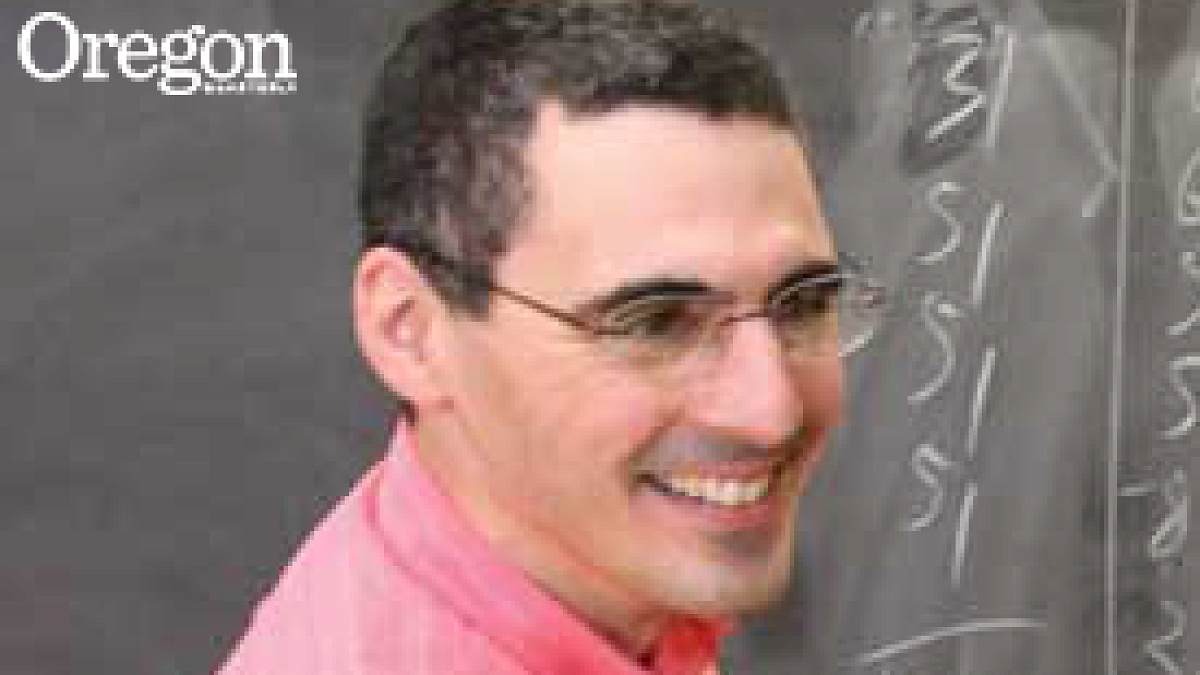Alexander Dracobly once had a king in his class, and she (yes, she) desperately needed some advice. “One of the king’s objectives was to stay alive. The first day she looked like a scared rabbit,” says Dracobly, who suggested the student act more royal. “The next day she showed up wearing a crown.”
The “king” was one of twelve University students in Dracobly’s Reacting to the Past role-playing course on prerevolutionary France. The course, offered last spring and again next year, was the first of its kind on campus. Each participant donned a specific hat, sometimes quite literally, as a philosopher or priest, plutocrat or plebeian. The goal: accomplish specific tasks set by the rather serious game—promote a political ideology, earn enough to eat, stay alive (which, incidentally, the king did “by the skin of her teeth”).
“The students responded great,” Dracobly says. “I’ve had a lot of enjoyable teaching experiences, but that one was really a kick.”
It was only one of Dracobly’s unorthodox teaching ventures. More recently, in another course he was teaching, class members interviewed UO student veterans about their wartime experiences, recording the good and the bad, the heartbreaking and the uplifting. Unlike most history classes, Dracobly’s students didn’t just read history, they created it.
Hours of transcription followed equally lengthy interviews (many of the students had never conducted one before). Dracobly expected professional grade work. After all, the students’ research will be a permanent part of the University, available in the Knight Library archive as well as online.
It was more than six years ago when Dracobly first developed the course. “I became aware that our archive holds virtually nothing regarding the military service of UO students,” he says. “I think there’s great interest [among class members] of participating in a broader project that has a permanent footprint in the archive.”
His students agree.
“Having this experience has really helped enhance my perspective,” says history and philosophy major Matthew Villeneuve. “You’re not just learning history, you’re doing history.” That seems to be a theme in Dracobly’s classes, be it helping a king find her crown or helping a vet tell a personal story.
Name: Alexander Dracobly
Education: BA ’87, Grinnell College; MA ’89, PhD ’96, University of Chicago.
Teaching Experience: Now a senior instructor, Dracobly spent his first ten years at the UO as an adjunct assistant professor of history.
Awards: Two-time winner of a Tom and Carol Williams Fund for Undergraduate Education grant.
Off-Campus: He and wife Julie Hessler, an associate professor of history at the UO, have two children, ages five and seven.
Last Word: “That’s one of the fun things about teaching military history: it’s one of the very few areas of history where you don’t really have to make an argument that it matters.”
—By Elisabeth Kramer '12


